Spotlight
A selection of resources from across the Federation

HIV Theory of Change
Our HIV Theory of Change is to clarify the goals and vision of IPPF’s HIV programme and to articulate the different pathways and strategies IPPF uses to contribute towards its HIV goals and vision.
Filter our resources by:

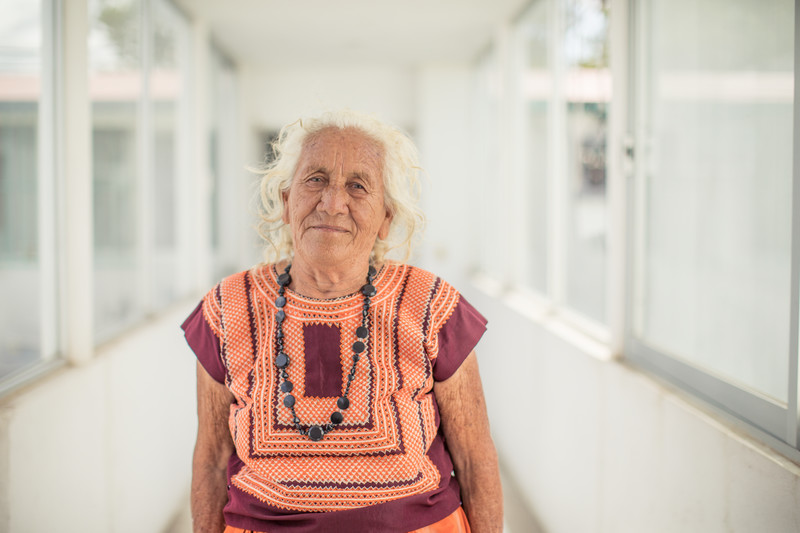
| 13 December 2017
Resilience and commitment in the aftermath of Mexico's devastating earthquakes
In September 2017, Mexico suffered from a devastating magnitude 7.1 earthquake that left hundreds dead and injured, while crushing buildings and destroying infrastructure. We immediately activated our humanitarian response network which assessed damage, deployed personnel, and made sure our mobile clinics were able to operate and reach local communities with vital healthcare and services. Mexfam, an IPPF member association in Mexico, continued to provide free healthcare during and after the record-breaking earthquakes, despite many members of staff losing their homes and even family members. This is what resilience looks like and we thank those that continue to provide people with vital sexual and reproductive healthcare. Photography © IPPF/Brenda Islas Photos: © IPPF/Brenda Islas
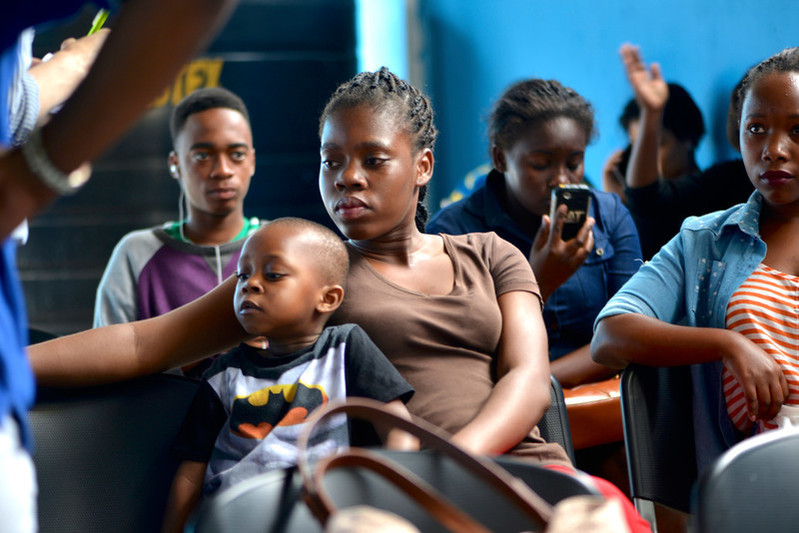
| 05 December 2017
Staff and volunteers remain dedicated and determined as the impact of the GGR takes effect
The continuation of many vital health services Amodefa offers in Mozambique are under threat following the reintroduction of the Global Gag Rule by the US Administration. The Global Gag Rule, or Mexico City Policy as it is formally known, stops US aid to all health programmes run by organisations who perform or counsel on abortion. The decision, which will deprive Amodefa of $2 million, 60% of its budget, will have devastating consequences for the fight against HIV in Mozambique, where an estimated 12% of the country’s nearly 30 million population are living with the virus. Photography © IPPF/Grant Lee Neuenburg
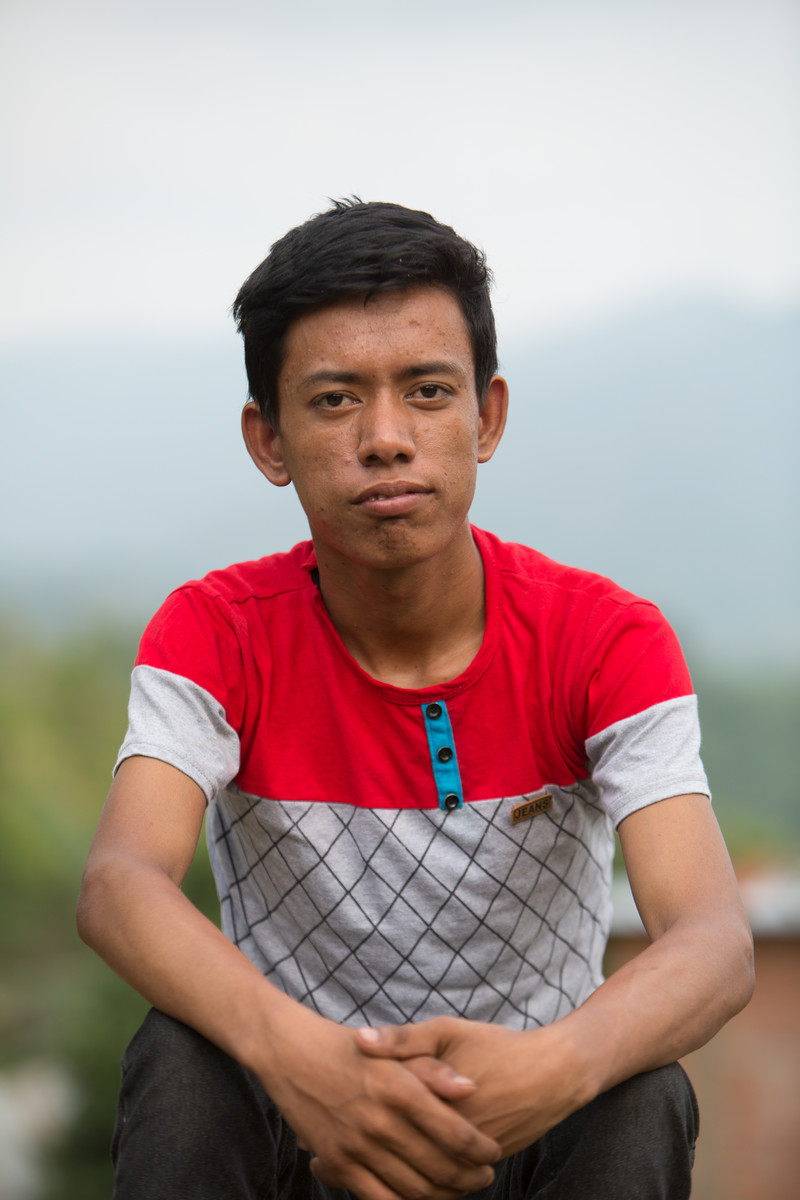
| 01 December 2017
The college student using music to tackle HIV stigma
Compared to many developing countries, HIV prevalence in Nepal is low. Yet there are deep and complex problems around HIV. Stigma remains a huge problem. People living with HIV say they have faced enormous discrimination, including being ostracized by their communities, bullied at school and work, and exposed to insults and even violence. HIV services and support are central to the work of the Family Planning Association of Nepal (FPAN). Its staff and volunteers run services around the country, providing HIV counselling, education on prevention and treatment, and community home-based care services. People living with HIV are at the forefront of this work: FPAN employs thousands of community home-based care mobilisers who are themselves HIV-positive, meaning they are able to provide people with clear, sensitive and empathetic support that draws on their own experiences. Photography © IPPF/Jon Spaull Read Milan's story and watch the video
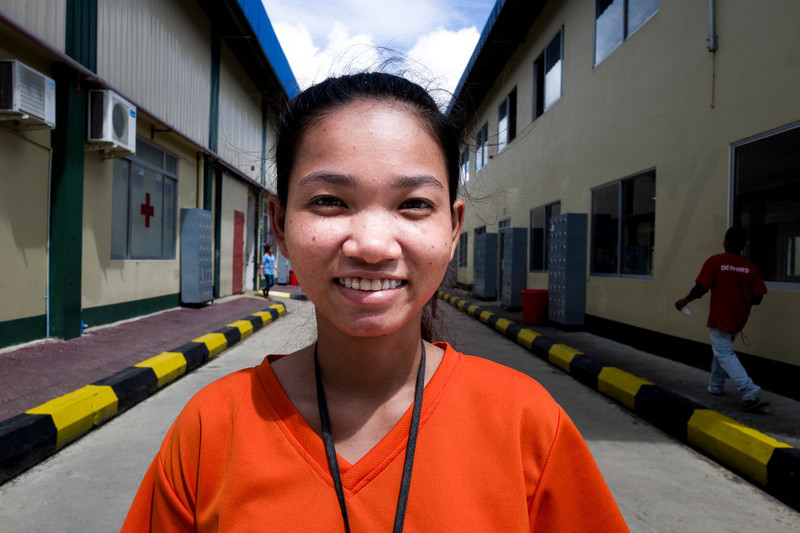
| 08 November 2017
Health with pop: Talking sex education with Cambodia’s female garment workers
About 700,000 people work in Cambodia’s garment factories, many of them migrant women from rural areas who typically possess low levels of education. According to Dr. Sreng, not only do these women often lack crucial health knowledge, but they tend not to trust health providers or know where to access medical care. RHAC, which first took its health outreach programme into garment factories in 1998, now operates in 82 factories that employ a combined total of 130,429 workers. Nearly 28,000 of them have taken part in RHAC-led group discussions and more than 67,000 have attended targeted health days like the one at Propitious. Photography © IPPF/Omar Havana

| 04 October 2017
Celebrating girls worldwide for International Day of the Girl Child
Today marks the International Day of the Girl Child. Girls are often the ones to suffer firsthand from the lack of access to sexual and reproductive services. We will continue to fight for girls everywhere to not only have access to health care services but to stand up and shout 'I Decide my future'.
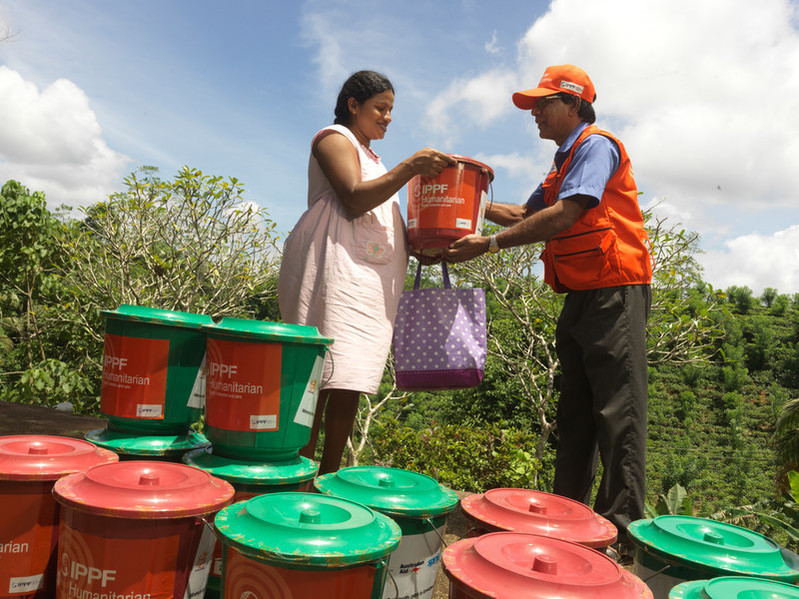
| 23 August 2017
Over 1,000 dignity kits distributed after flash floods in Sri Lanka
Incessant rains across Sri Lanka during May 2017 affected over half a million people in seven districts. Most affected was the Ratnapura district where over 20,000 people faced flash floods, and where 46 deaths were reported. IPPF Humanitarian, in partnership with FPA Sri Lanka, responded to this catastrophe through the distribution of over 1,000 dignity kits in Ratnapura. Stories Read more stories about our humanitarian work in Sri Lanka during the floods















